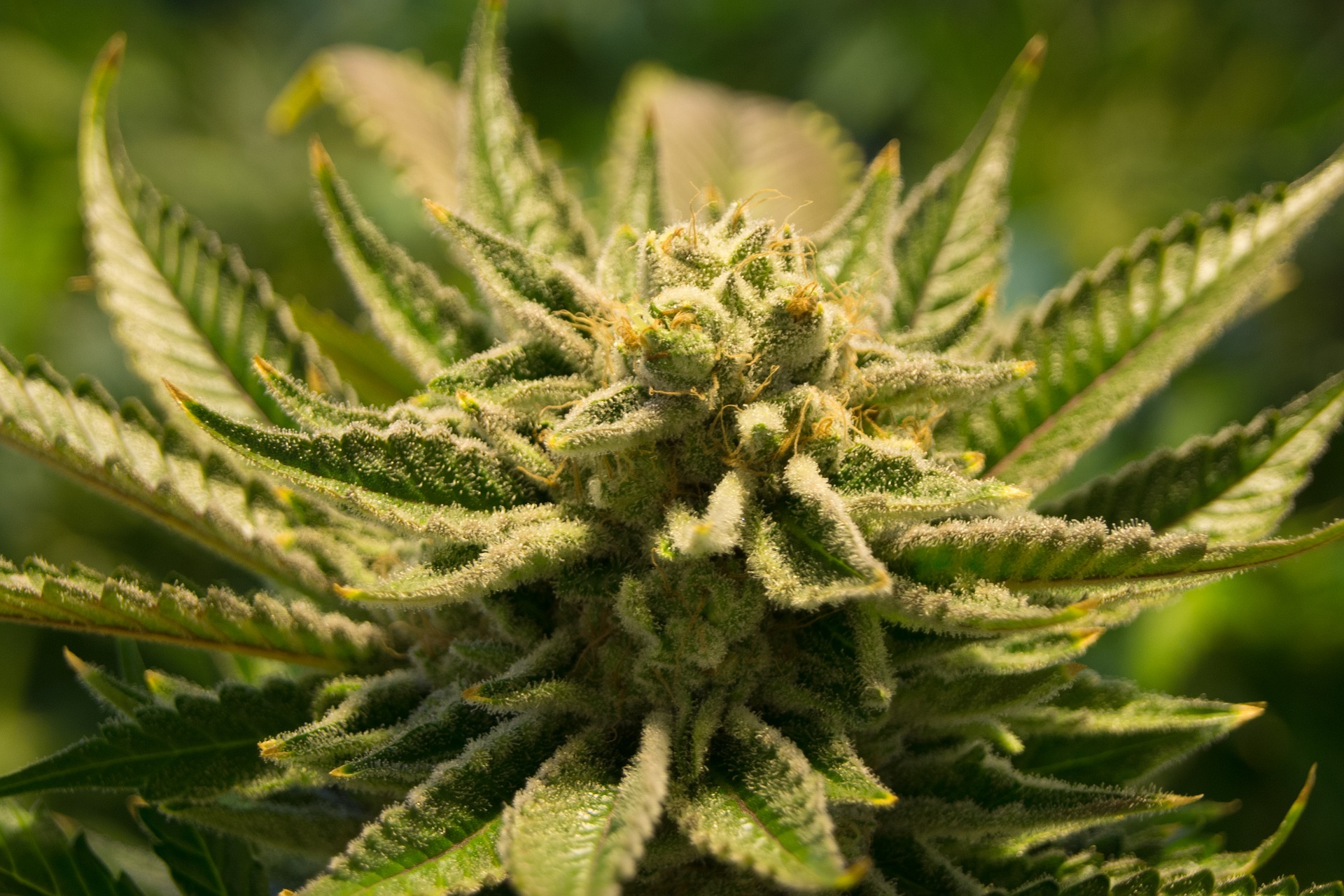
EXPERT REACTION: Cannabis for pain? It's still complicated
A US study of existing research looking at cannabinoid drugs for pain relief has found they may prevent the onset of pain by increasing pain thresholds, but may not reduce the intensity of pre-existing pain or help people who are hyper-sensitive to pain. However, the drugs may make pre-existing pain less unpleasant and more tolerable, say the researchers. They analysed 18 placebo-controlled studies, including a total of 422 participants.
Funder: The Syracuse University STEM Fellowship, National Institute on Alcohol Abuse and Alcoholism, National Institute on Drug Abuse.
Attachments:
Note: Not all attachments are visible to the general public
News for:
International
Media contact details for this story are only visible to registered journalists.


Expert Reaction
These comments have been collated by the Science Media Centre to provide a variety of expert perspectives on this issue. Feel free to use these quotes in your stories. Views expressed are the personal opinions of the experts named. They do not represent the views of the SMC or any other organisation unless specifically stated.